SCOUTING: LESSONS FOR LIFE
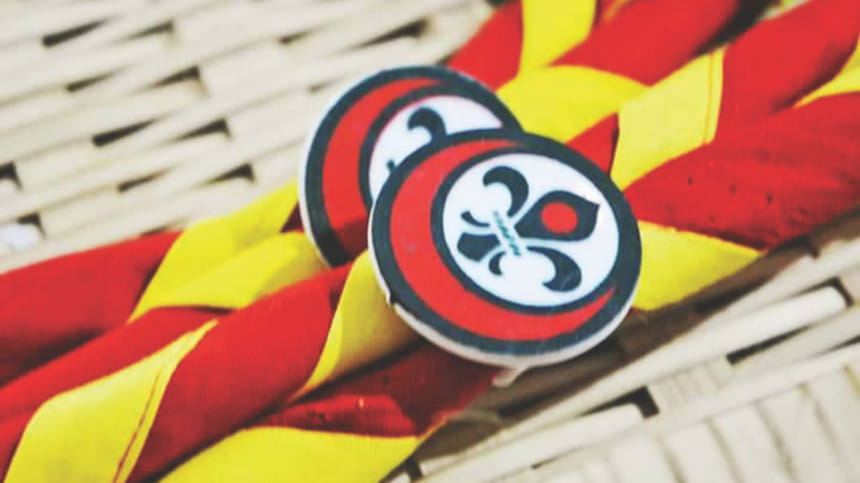
The Scout movement is the largest voluntary movement in the world, and while it's been there for a long time now, not enough people have considerable knowledge about it. Scouting in Bangladesh has been gathering pace for decades now, and we decided to look at where things currently stand.
It began in England with Lieutenant General Robert Baden-Powell, who organised an experimental camp with 20 young boys to train them in outdoor activities. It was a massive success that led to Baden-Powell's book, "Scouting for Boys", which sold more than 100 million copies worldwide.

The spread of the scout movement was inevitable and their training proved its worth during the First World War, when the British Boy Scouts helped in the war effort by taking over community patrol duties and coastal guard duties to relieve the regular servicemen. The movement soon spread and during the Second World War, Scouts around the world helped in wartime effort as messengers and community workers.
The foundations of scouting in Bangladesh were laid during the British rule, but it flourished post independence. Under the guidance of Bangladesh Scouts, there are 12 scout regions in the country, and they regulate all the scout groups, or "units" as they're called.
Scouting is mainly split into 3 disciplines according to age: 'cub scouting' for 6-10 year olds, 10-11 year olds participate in 'scouting', and then there is 'rover scouting' for people between the ages of 17 and 25. While the co-ordinators of all scout programmes are the Scouts themselves, the older members of the movement form councils to watch over everything. They do the job of developing and executing the scout mission.
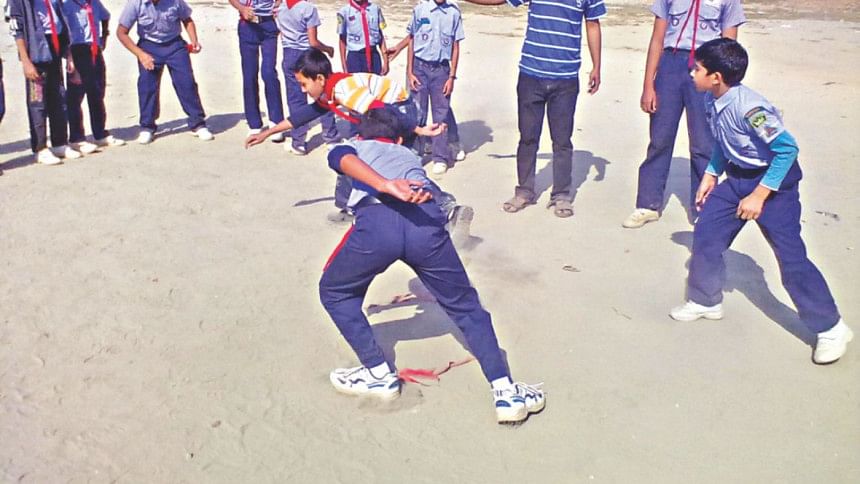
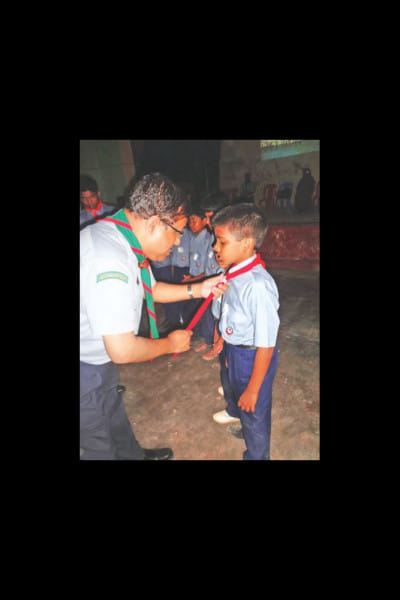
According to scout.org, "The Mission of Scouting is to contribute to the education of young people, through a value system based on the Scout Promise and Law, to help build a better world where people are self-fulfilled as individuals and play a constructive role in society." The education they speak of here is non-formal education that is complimentary to institutional learning.
The scouting method works at a person's physical, intellectual, social, spiritual and emotional development, all at the same time. There are practical lessons to be learnt from scouting, but possibly the most important thing that scouting relays is the feeling of belonging through teamwork and by contributing to another person's cause instead of one's own.
Most people associate scouting with camping, and rightly so. Nature plays an omnipresent role in scout programmes, and to survive out in nature through a methodical approach is a rather important lesson scouting teaches. Kids find out things about themselves from camping they didn't know existed, skills that weren't allowed to flourish develop when a child is put in a situation where self reliance is vital.
Working in a group, cooking a meal together, sharing a tent create social skills that are hard to develop otherwise. Scouting has helped many children in that regard. National jamborees are regularly arranged by Bangladesh Scouts, and we have regular participation in the World Jamborees. Over one hundred sixty and 431 scouts participated in the last two World Jamborees in Sweden and Japan respectively.
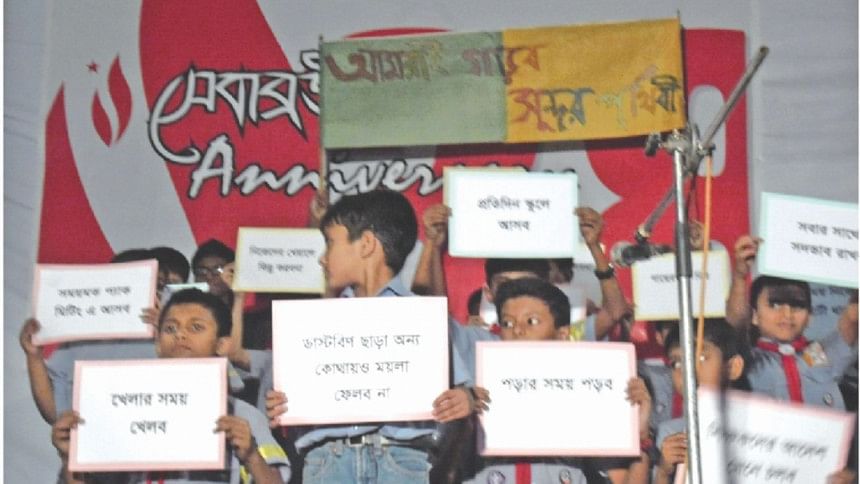
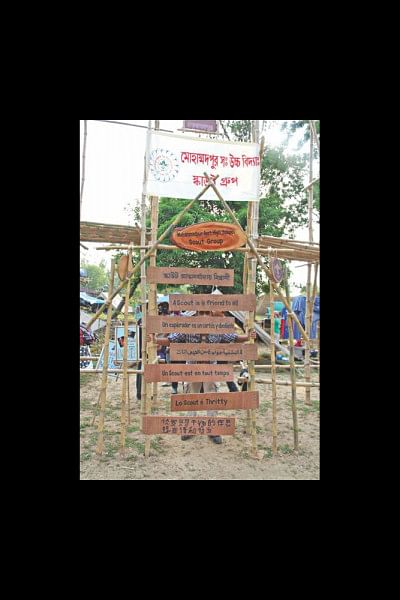
In Bangladesh, scout units are mostly institutionalised. These units are called 'controlled groups', and they are created in educational institutions, under strict supervisions. But scouting requires a certain amount of independence to work its true magic, and that is what 'Open Scout Groups' provide. They can openly work with the society, have members from different walks of life, and that creates a true social environment, one that helps the group members and the society.
One such scout group is Sebabratee Mukta Scout Group, which has been active for 40 years now and has become one of the biggest scout groups of the country. Founded by college students in the post independence period, Sebabratee has managed to assist many young people choose a life of discipline and integrity. Their exploits in scouting have been visionary at times, and the fact that they have a governing model that secures a better future for the group sets them apart. Sebabratee has a rich alumnus, one that is natural for an organisation that works with promising young people and works towards realising their potentials.
SHOUT met with a few veterans of the Bangladeshi scouting scene – Ferdous Ahmed, Md. Tauhidul Islam, Parvez Khan, Abdullah Al-Mamun and Alim-Al-Rabbi, all early members of the Sebabratee Mukta Scout Group, to discuss all there was to know about scouting in general.
The example that Sebabratee Mukta Scout Group sets is an important one, because scouting in Bangladesh can accomplish so much more. One way to make sure of that is the advent of more and more open scout groups like Sebabratee. That could be something wonderful for the future of scouting in Bangladesh and our youth in general.
When he's not obsessing over football, Azmin spends his time devising ways of not getting mugged, only to fail miserably. Give him advice at fb.com/azminazran
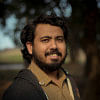
 For all latest news, follow The Daily Star's Google News channel.
For all latest news, follow The Daily Star's Google News channel. 



Comments